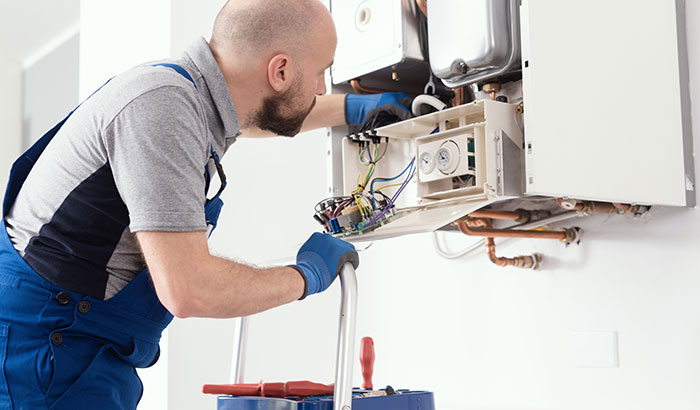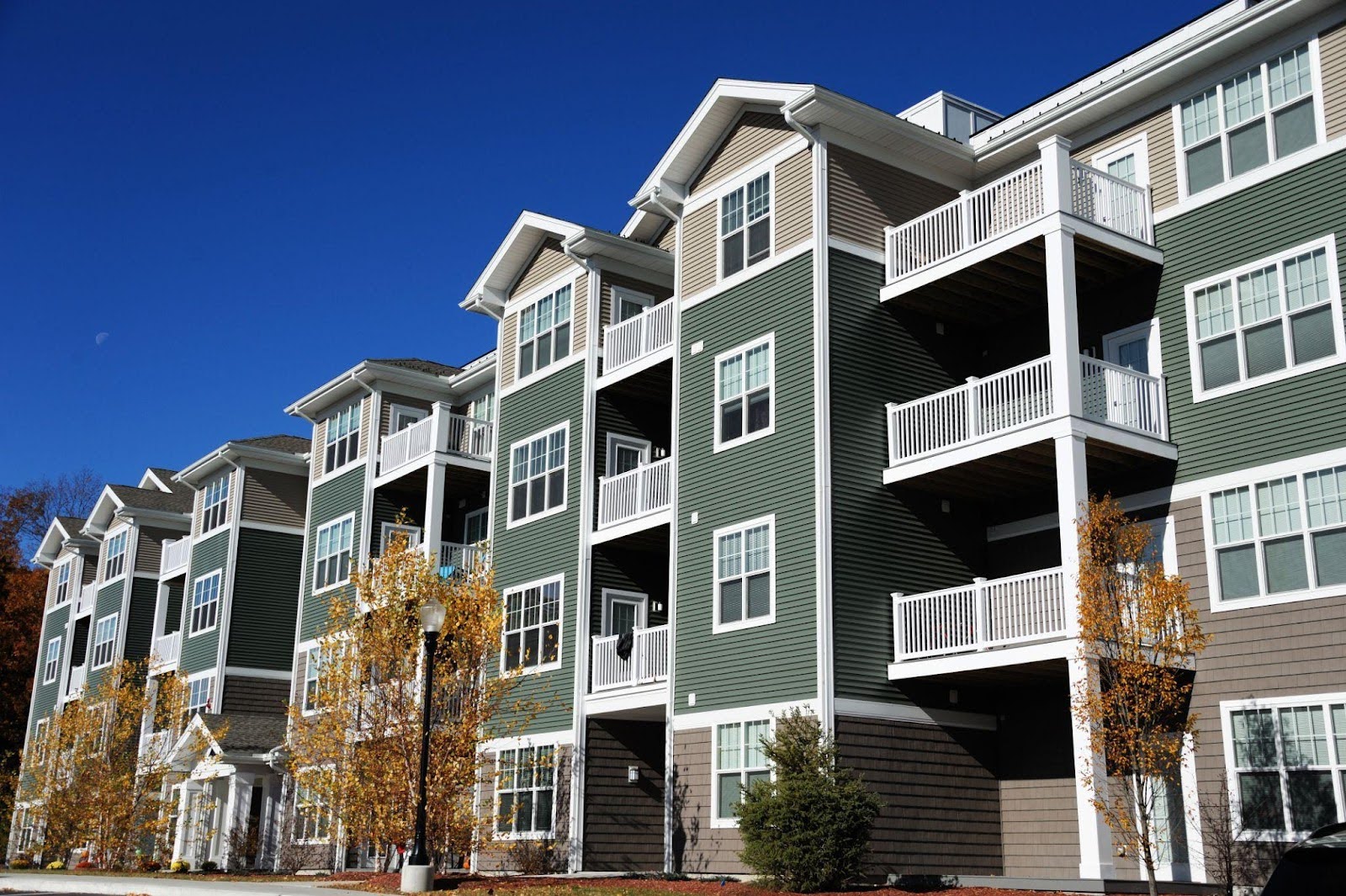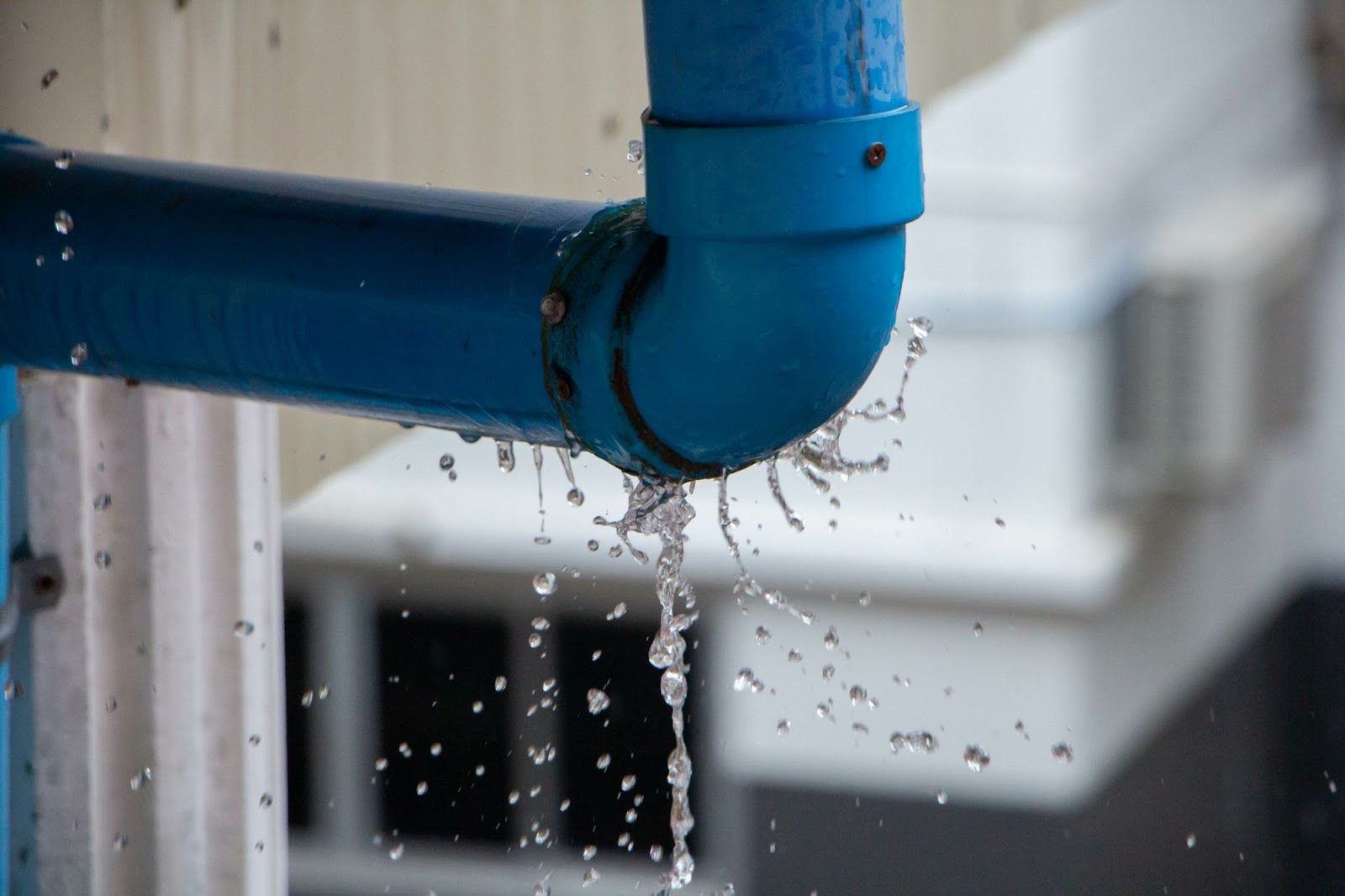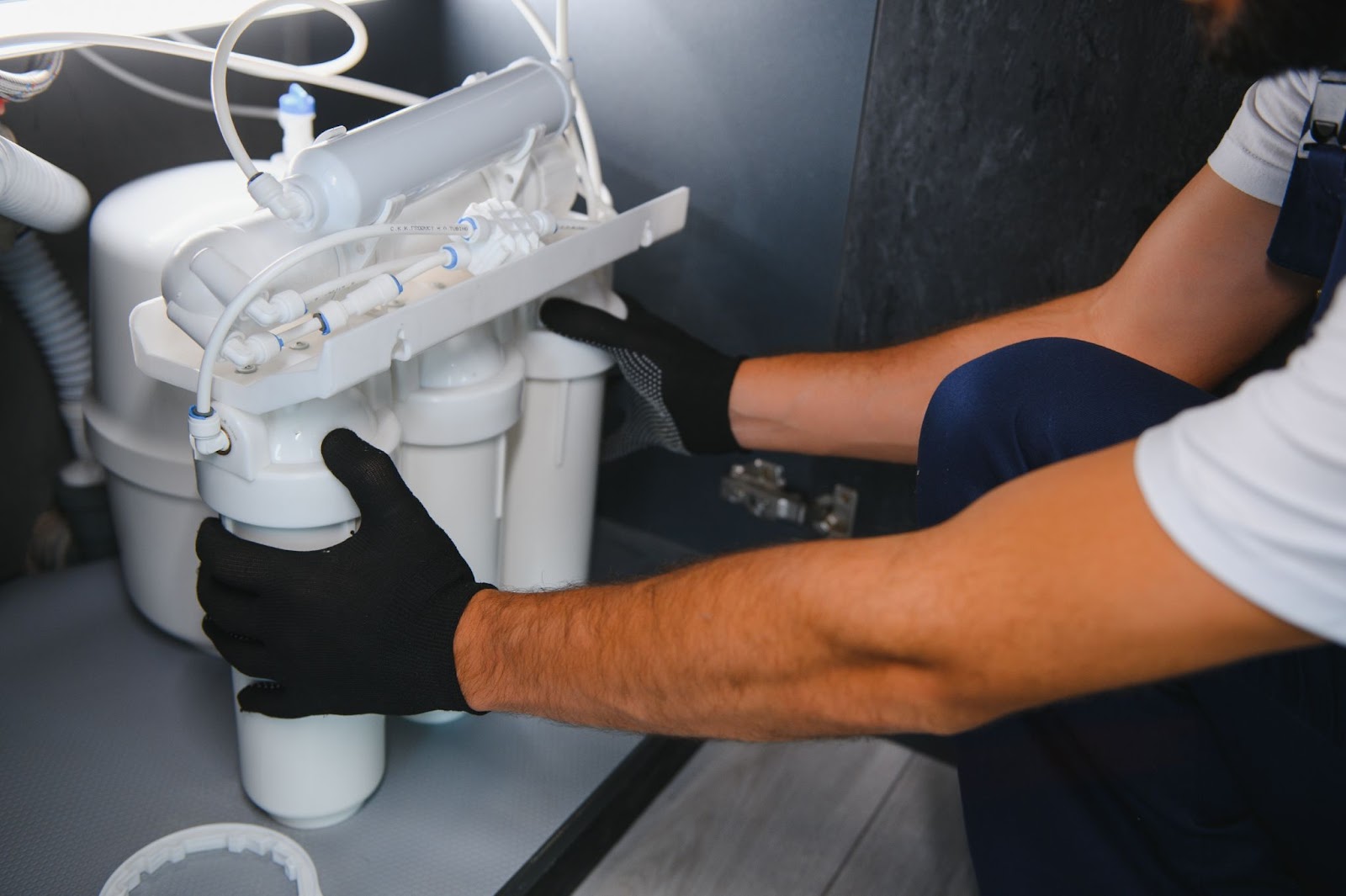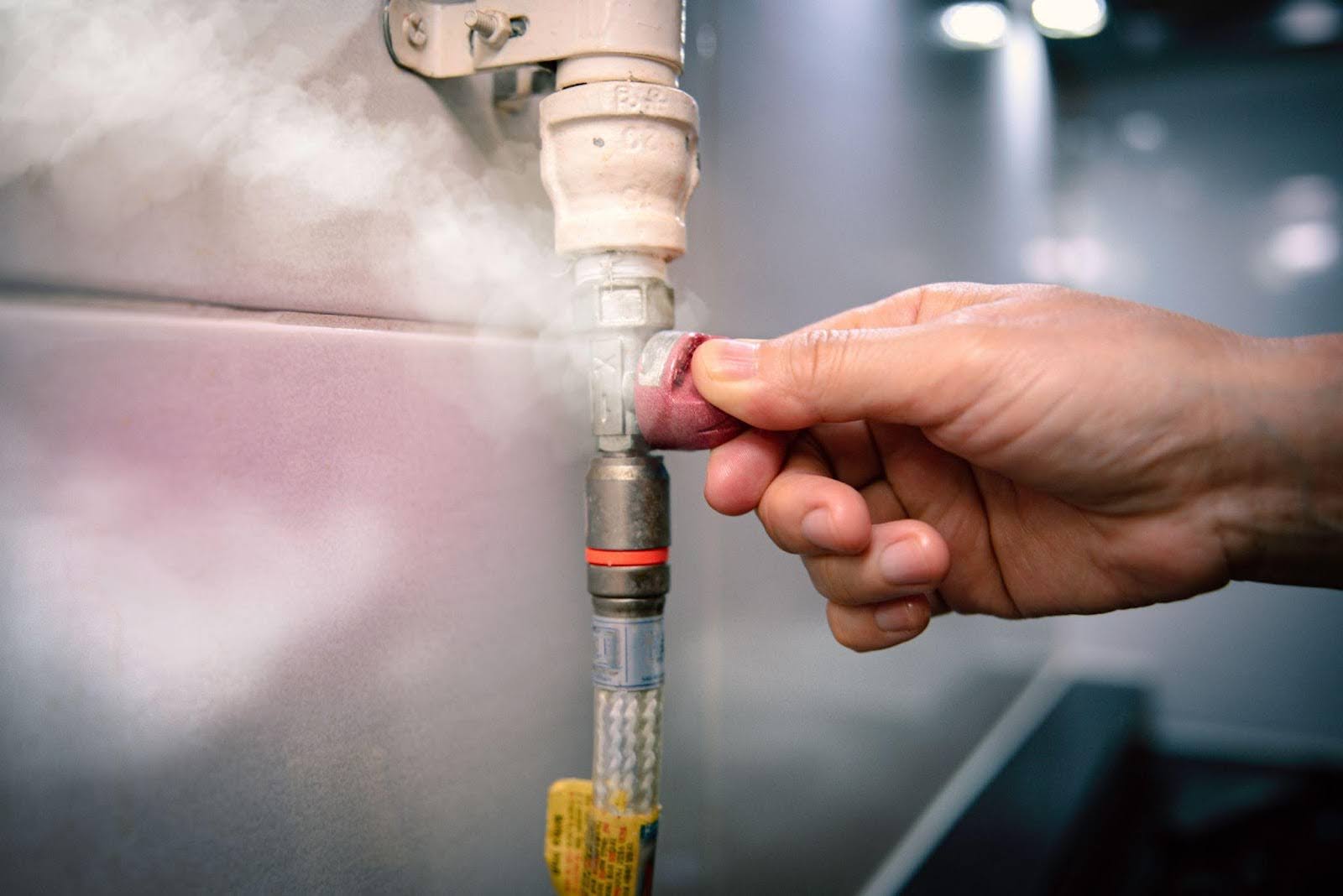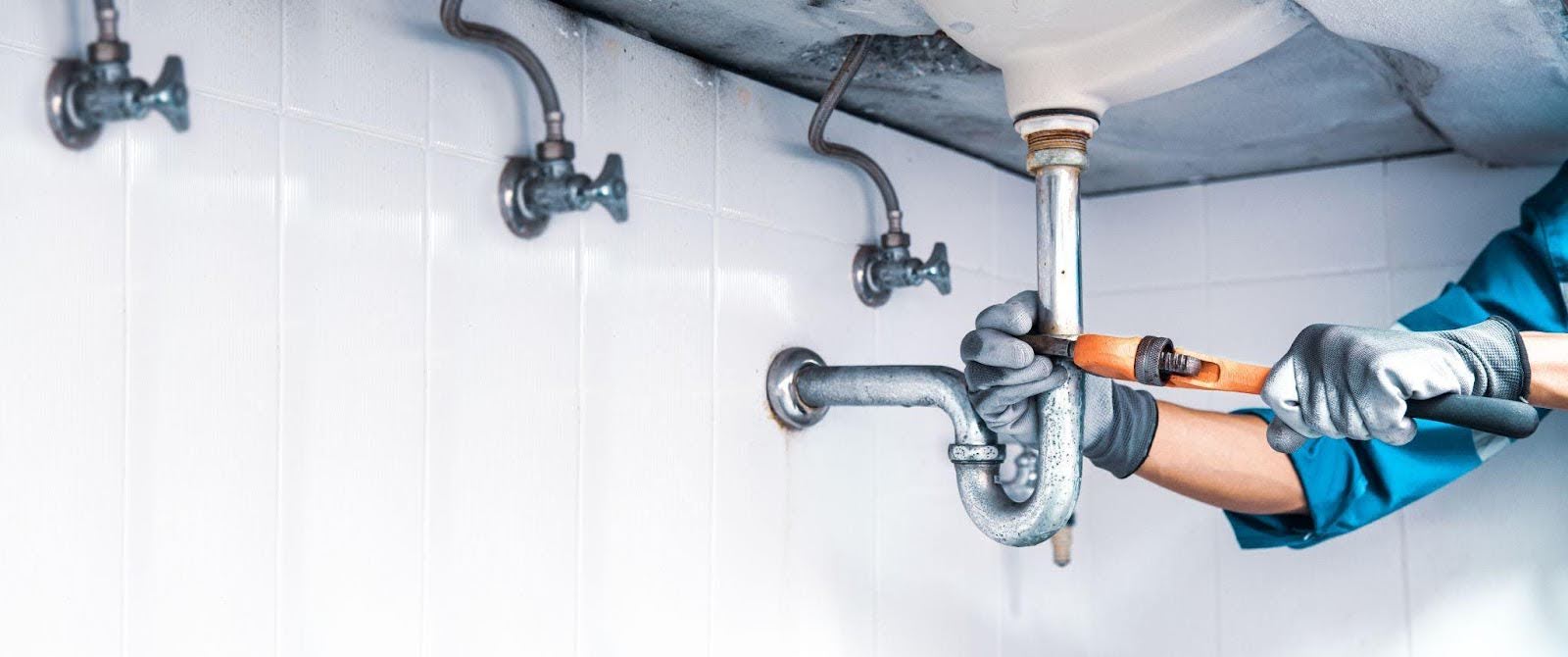Water heater maintenance is crucial to keeping your home’s plumbing system functioning efficiently. Neglecting regular maintenance on your water heater can result in reduced efficiency, increased energy costs, and potentially costly repairs.
Regular water heater maintenance can help prevent water heater problems. Checking the temperature and pressure relief valve, draining the tank, and checking the anode rod are routine for regular maintenance. However, if you encounter issues, it’s time to call a professional plumber for assistance. Examples of issues requiring professional help include a leaking tank, lack of hot water, strange noises, or poor water pressure.
In this article, we’ll look at some maintenance steps you can take if your water heater is not working correctly and situations that may require an experienced plumber’s expertise.
Maintenance Tips
Water heaters are essential in any home, providing hot water for showers, dishes, and laundry. Regular water heater maintenance can extend its lifespan, improve efficiency, and prevent costly repairs. Here are some tips for maintaining your water heater:
- Check the temperature and pressure relief valve: The temperature and pressure relief valve is a safety device that opens to release excess pressure in the tank. Check it annually to make sure it is functioning properly.
- Drain the tank: Draining your water heater tank can remove the sediment buildup, improving efficiency and extending the tank’s life. Drain the tank annually by attaching a hose to the drain valve and directing the water to a nearby drain or outside.
- Check the anode rod: The anode rod is a metal rod that attracts corrosion, protecting the tank from rusting. Check the anode rod every two years and replace it if it has become severely eroded.
- Insulate the tank: Adding insulation to your water heater’s tank can reduce heat loss, improve efficiency, and save energy.
- Flush the tank: Flushing the tank annually can help remove sediment and improve the performance of your water heater.
- Monitor for leaks: Check the water heater regularly, and address any leaks promptly to prevent water damage.
- Keep it clean: Clean the exterior of the water heater regularly to keep it in good condition and functioning properly.
It’s important to take precautions when addressing your water heater problems. If your water heater is not working properly and you can’t find out why, it’s best to leave it to the professionals to prevent further damage to your unit and your home and to prevent injury.
When You Should Call a Plumber
Although you can perform some basic maintenance on your water heater yourself, some tasks should be left to a professional plumber. If you encounter any of the following problems, it’s time to call for help:
- Leaking tank: A leaking water heater tank can cause water damage to your home, and it’s a sign that the tank needs to be replaced.
- No hot water: If your water heater is not producing hot water, it might be due to a malfunctioning heating element, a thermostat issue, or a problem with the gas pilot light.
- Strange noises: If your water heater is making strange noises, it might be due to sediment buildup in the tank, a problem with the heating element, or a failing pressure relief valve.
- Poor water pressure: Low water pressure may be due to a problem with the water heater or the pipes that supply hot water to your home.
These issues aren’t easy to address, and you’ll want to call a professional plumber to avoid any unnecessary damage to your water heater. Also, messing with plumbing without knowing how it works can cause expensive home repairs and even lead to potential injuries.
What to Look for in a New Water Heater if You Need a Replacement
Despite best efforts, sometimes water heater problems could mean it’s time for a replacement. When shopping for a new water heater, there are several factors to consider to ensure that you choose the best one for your home and needs. Here are some things to look for:
- Size: Make sure to choose a water heater with the appropriate size for your home and hot water needs. A professional plumber can help determine the right size for your home.
- Energy efficiency: Look for water heaters with high energy efficiency ratings, such as those with the ENERGY STAR label, to save money on energy bills and reduce your carbon footprint.
- Fuel type: Choose a water heater that uses the fuel type that is most readily available and cost-effective in your area. Options include natural gas, propane, electric, and hybrid.
- Recovery rate: Consider the recovery rate or the amount of hot water the water heater can produce in an hour to ensure that it meets your hot water needs.
- Warranty: Look for a water heater with a warranty that covers both the tank and tank parts and provides a good level of protection in case of any defects or malfunctions.
- Brand reputation: Choose a water heater from a reputable brand with a history of producing high-quality products and providing good customer support.
- Cost: Consider your budget when choosing a water heater and look for one that offers good value for the price, taking into account factors such as efficiency, warranty, and features.
Finding the right water heater doesn’t have to be difficult, especially since it’s already a stressful situation to be in. These tips can help you decide on the best water heater for your home.
Call the Expert Plumbers at Salisbury Plumbing
If you’re experiencing water heater problems and are uncomfortable performing maintenance on your unit or see the signs that indicate that you need professional help, call the professionals at Salisbury Plumbing. We’re available 24/7 in case of emergencies and have the water heater repair how to knowledge to address your issues.
Call us at 385-375-1207, or fill out our online form today to schedule an appointment.
toto slot

